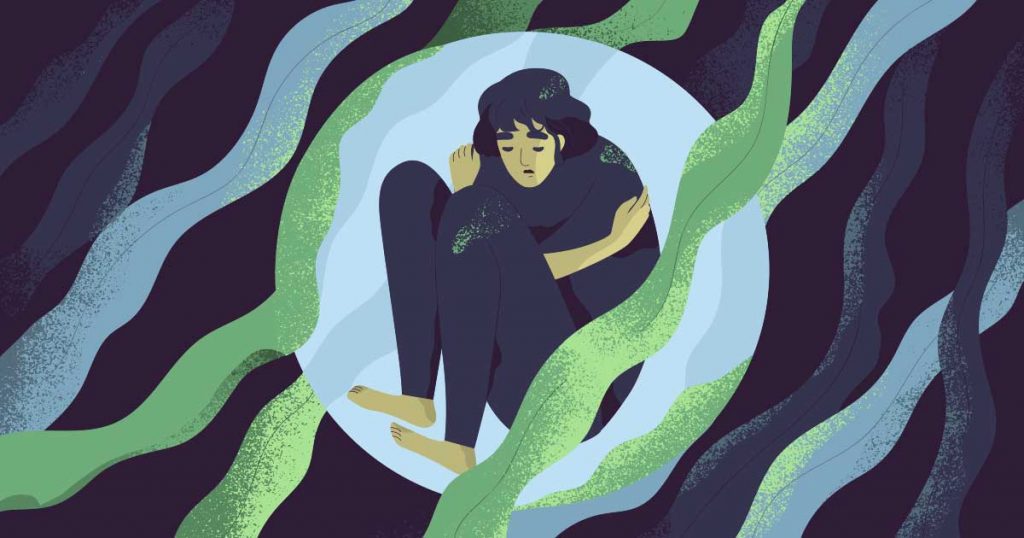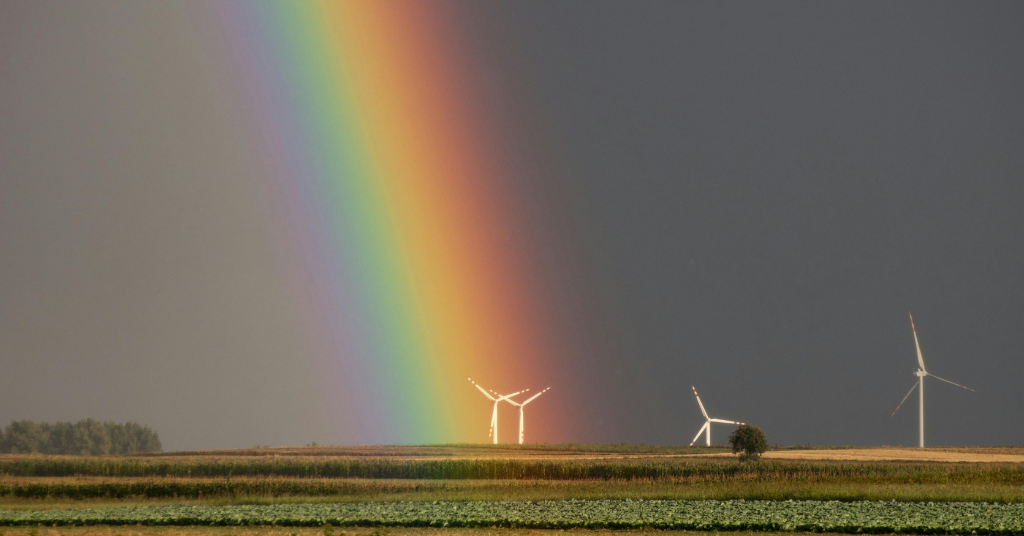Has scrolling down your social feed made you anxious when reading about the climate crisis? More and more mental health professionals have reported cases of climate-related issues in the past few years, and the media is also writing about a growing number of people, especially young adults, who feel extremely low, questioning the meaning of studying or working.
How serious is this problem?
A survey at the end of 2021 questioned 10,000 people between 16 and 25 in ten countries to find out how they think and feel about climate change and government response. While 84% of the respondents were at least moderately worried, a shocking 59% of our youth said they were very or extremely worried. In comparison, over 50% felt sad, anxious, angry, powerless, helpless – and guilty. Negative thoughts aren’t just a quickly passing issue: nearly half of teenagers and young adults (45%) felt that climate change negatively affected their daily life and functioning. For their dark thoughts, they blame governments and their inadequate response and feel betrayed.
Their feelings are reflected in Greta Thunberg‘s words from 2019:
"You have stolen my dreams and my childhood with your empty words. And yet I'm one of the lucky ones. People are suffering. People are dying. Entire ecosystems are collapsing. We are at the beginning of mass extinction, and all you can talk about is money and fairy tales of eternal economic growth. How dare you!"
The vision of doomsday and beyond
Raising temperatures will have quite a tangible impact on the human psyche that goes well beyond fears and anxiety: American scientists projected in their study that, depending on increases in global temperatures, suicides in the U.S. could increase by an additional 0.7%–4.1% increase from the average 1999–2019 suicide rate. They have also stated that the mental health burden of climate change is likely much more significant than the impacts reported, as their analysis didn’t include common indicators of poor mental health, such as [existing] depression or anxiety.
Besides the direct impact of weather changes on the human mind, there’s also an indirect impact through economic decline. Aspen Institute’s article showed that the potential of suicide increases among financially distressed individuals as debt levels become harder to manage. They found that 16% of suicides in the USA already occur due to perceived financial problems.
What can we do to mitigate climate depression?
Climate crisis isn’t like a bad relationship that makes you anxious – and even that is hard to quit. But climate change won’t go away if you move from one country to another or force yourselves not to think of it anymore.
Watching ‘happy’ videos with cute pets or romantic comedies will make you think of something else for a while. Still, the only thing that could decrease fears globally would be genuine will with tangible actions and reasons to believe from world leaders. That could bring us not only the sole hope of survival but also a hope of a meaningful life for our own and future generations.
You can start the change today if you still need to start. Remember, even the longest journey begins with a first step: if there’s something you can do today, no matter how small, it will help. You can change your consumption habits, reduce waste, talk to others to convince them to do so too, sign petitions, and eventually, you might also volunteer.
Indeed, it is too late to keep our planet and ecosystems as they were a few decades ago. Still, it doesn’t necessarily mean it’s late to save ourselves and, just as importantly, many other species by creating responsible societies through selfless green policies.




